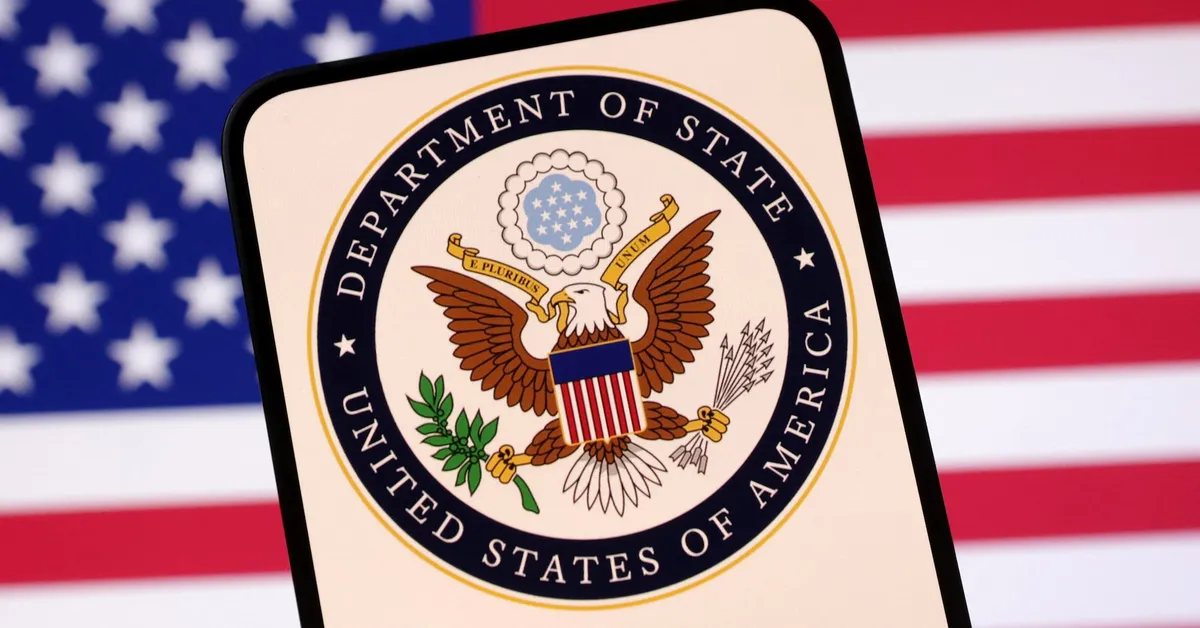
On June 18, 2023, the Trump administration announced the resumption of student visa appointments, but with significantly tightened social media vetting measures aimed at identifying applicants who may harbor hostility towards the United States. This directive was outlined in an internal State Department cable that was reviewed by Reuters. U.S. consular officers are now mandated to conduct a thorough and comprehensive vetting process for all student and exchange visitor applicants to filter out those with negative attitudes towards American citizens, culture, government, and the nation’s founding principles.
Previously, on May 27, 2023, the Trump administration had ordered U.S. missions abroad to halt the scheduling of new appointments for student and exchange visitor visa applicants. This decision came as the State Department prepared to enhance its social media vetting protocols for foreign students. U.S. Secretary of State Marco Rubio indicated that updated guidance would follow the completion of a review process.
The June 18 cable, which was disseminated to all U.S. diplomatic missions, included specific directives for consular officers. They were instructed to scrutinize applicants for any history of political activism, particularly if it involved violence or sentiments that could be perceived as hostile. According to the cable, officers must evaluate the likelihood of such individuals continuing similar activities once in the U.S.
Furthermore, the cable authorized consular officers to request that applicants make all their social media accounts public. It warned that limited access to an applicant's online presence might be interpreted as an attempt to evade scrutiny or conceal certain activities.
The new vetting process emphasizes the need for a comprehensive review of an applicant's entire online presence, not just their social media activity. Officers are encouraged to utilize appropriate search engines and online resources to gather relevant information. During this vetting, they are to search for any potentially derogatory content about the applicant. For instance, if an applicant is found to have endorsed Hamas or similar groups on social media, this could serve as a basis for visa ineligibility.
Marco Rubio, the Trump administration's top diplomat and national security adviser, has stated that he has revoked visas for hundreds, if not thousands, of individuals—including students—who engaged in activities contrary to U.S. foreign policy. This includes support for Palestinian rights and criticism of Israel’s actions in Gaza. Notably, a Turkish student from Tufts University faced over six weeks in an immigration detention center after co-authoring an opinion piece that criticized her institution's response to the conflict. She was ultimately released after a federal judge granted her bail.
Critics of the Trump administration argue that these actions represent an infringement on free speech rights protected by the First Amendment of the U.S. Constitution.
The new directive allows U.S. missions to resume scheduling appointments for student and exchange visa applicants. However, it cautions that the extensive vetting process may result in fewer available appointments. The cable advises diplomatic posts to consider their overall scheduling capacity and the resource demands required for thorough vetting. As a result, they may need to limit the number of FMJ visas processed compared to previous levels.
Moreover, the directive prioritizes expedited visa appointments for foreign-born physicians participating in medical programs through exchange visas, as well as for student applicants aiming to study at U.S. universities where international students represent less than 15% of the total enrollment. In contrast, at Harvard University, which has faced scrutiny from the administration, international students made up approximately 27% of the student body last year.
The cable instructs overseas posts to implement these new vetting procedures within five business days, indicating a swift transition to the new policy framework.
Reporting by Humeyra Pamuk; Editing by Rosalba O'Brien, Don Durfee, and Lincoln Feast.